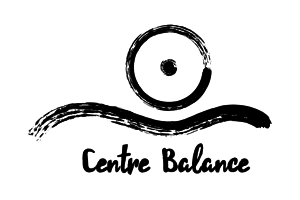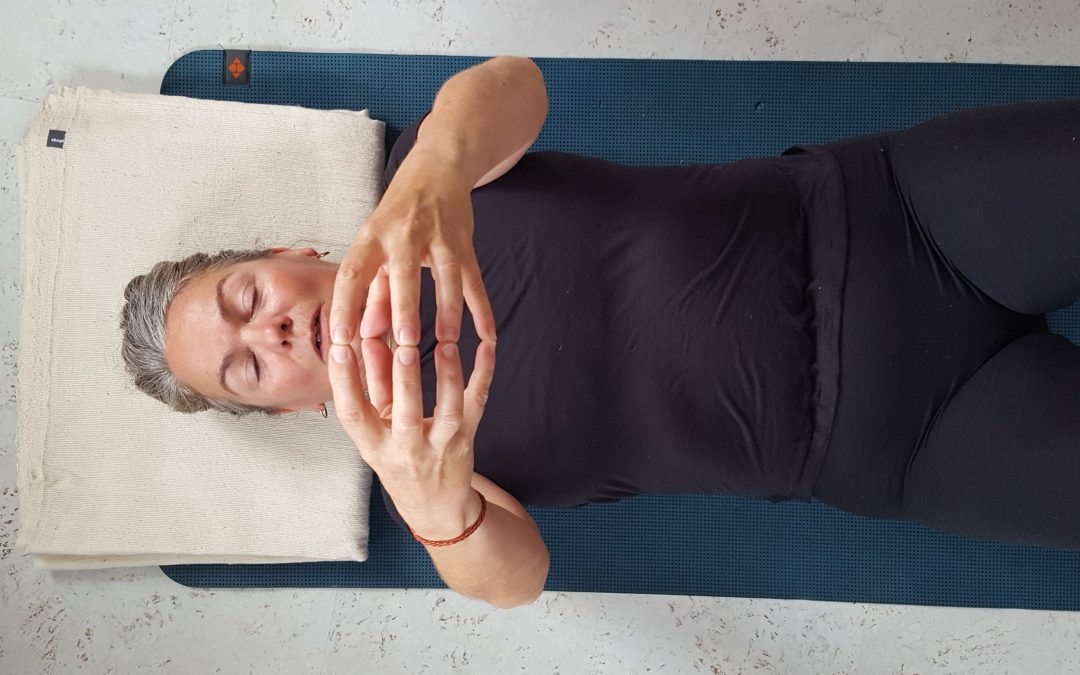What is Yoga Therapy?
Many people ask me about the difference between Yoga and Yoga Therapy and this is my attempt to explain.
The International Association of Yoga Therapists (IAYT) recently updated their definition of Yoga Therapy to read:
“Yoga Therapy is the professional application of the principles and practices of yoga to promote health and well-being within a therapeutic relationship that includes personalized assessment, goal setting, lifestyle management, and yoga practices for small groups.”
The late Georg Feuerstein frames Yoga Therapy as applying yogic concepts and techniques along with Western medical and psychological knowledge based on the “understanding of the human being as an integrated body–mind system, which can function optimally only when there is a state of dynamic balance.” (Lisa Sanfilippo, Yoga Therapy for Insomnia and Sleep Recovery, 2019, p.25)
The IAYT has been working hard to create professional standards for certified Yoga Therapists (C-IAYT) that have now been in place for several years, requiring re-certification every three years. C-IAYTs need to adhere to their Scope of Practice and Code of Ethics and Professional Responsibilities and must demonstrate continued learning through accredited professional development courses. This professional recognition requires committing to high standards of education, conduct, and therapeutic relationships. Failing to do so can lead to disciplinary action and expulsion from IAYT’s professional body.
The IAYT’s Ethics Review Panel keeps standards for therapists and programs updated and current. For example, a section detailing consented touch was recently added to the Code of Ethics in response to revelations about misconduct, abuse and assault by some yoga teachers including high profile “lineage founders” in recent years.
Organizations offering Yoga Therapy certification programs require accreditation to set standards that are verified every three years. This process of accreditation and certification is similar to that found in many other professions and ensures that evolving scientific understanding is considered and integrated into yoga therapy’s approach as a holistic practice based on ethical principles.
To become a Yoga Therapist, one needs to be first a Yoga Teacher (200 + hours of training) plus documented teaching experience. Yoga Therapists (C-IAYT) must then add at least 800 hours of training including mentorships and internships. Training modules may include: anatomy, mental health and addictions, neuroscience, particular health conditions, chronic and neuro-motor diseases, Ayurveda, meditation and relaxation practices, yoga philosophy and psychology to name the most important.
During their career, many Yoga Therapists pursue a specialization because practicing in the field is rewarding. Seeing positive outcomes and receiving feedback from clients on how Yoga Therapy has improved their quality of life or supported their healing is powerful, sparking curiosity and the desire to deepen the knowledge and continue learning.
Western scientific evidence increasingly supports and recognizes Yoga Therapy as a valid modality in integrated health care. In some European countries, like Germany, Yoga Therapy is being paid for by health insurance just like massage therapy or other rehabilitation therapies. Here in Canada, occasional referrals are afforded to patients rehabilitating from injuries or surgery. Mental health settings also increasingly include Yoga Therapy in their offerings. Many long-term care and independent living facilities include therapeutic yoga in their regular offerings – often labeled as “recreation” to comply with their funding models.
Yoga Therapists may offer small groups sessions or workshops typically for eight to 12 participants allowing the Therapist to pay attention to individual needs. Such classes often address a specific health goal or condition such as back care, pelvic health, sleep recovery, pain care, inflammation response, healthy aging and often weave an educational component into the practice.
Yoga Therapists may also work as part of an integrated health care team or clinic. They are trained to work with individual clients. Sessions are based on personalized intakes that take health conditions, life circumstances, needs and goals and medical diagnosis into consideration. With this thorough information, Yoga Therapists are able to customize a program for their clients aiming to support them in self-care and lifestyle management.
COVID-19 is having a big impact on Yoga Therapists, diminishing many traditional teaching opportunities. Now, a variety of services are offered online as many Yoga Therapists use this unexpected “reset” as an opportunity for transformation and reflection.
Sandy Eimers (RPh, C-IAYT, TIYT) takes a positive outlook and describes why “Our Time Has Come”: (Summer 2020 edition, Yoga Therapy Today, IAYT)
“Our time has arrived: Yoga therapy is exactly where it needs to be for a world in flux. The COVID-19 pandemic has provided new obstacles for us to navigate, but as yoga therapists we should be optimistic, follow our inner guides, and stay curious. The future lies in smaller, groups, which is the perfect environment for yoga therapy. As we move forward in a time of deep uncertainty, our clients want to feel safe and connected in the presence of a professional they can trust. Educating and building strong connections is what we do!”
The time has also come because in this anxiety producing time of uncertainty and fear, many are searching for hope, deeper meaning and connection. Yoga Therapy can offer this through a non-dogmatic, spiritual dimension that connects soul and nature.
“Rather than a reductionist parts-to-whole approach, a yoga therapy perspective invites us to look at people as spiritual beings, connected by a universal life force, or nature. This may seem esoteric but is in fact very palpable, important and vital. As this approach to yoga therapy is inclusive of many traditions, we draw upon guidance from many sources.” (in Lisa Sanfilippo, 2019, p.225)
So – there is hope, hope for those who receive yoga therapy and for those who choose the profession as a career path, often driven by a calling or an experience of dis-ease or lifestyle stress, and can lead to deep reflection and transformation.
Concluding, I hope my explanations shed some light on the questions you may have. If it made you curious, you can always check out my offerings at www.centrebalance.ca. I am still adapting to COVID and soon there will be more online options. For now, please contact me to enjoy private and semi-private in person and online sessions.

